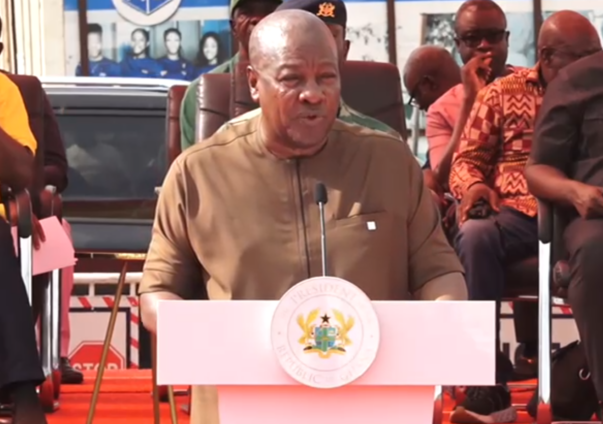
President Mahama officially launched the Feed Ghana Programme in Techiman, Bono East Region, on Saturday, April 12. He explained that the plan includes several parts, with the main goal of growing more food locally, reducing food imports, and encouraging institutions like Senior High Schools to get involved in farming.
What Is the Feed Ghana Programme?
President Mahama described the programme, also called Yeridua, as a national effort to reduce food imports from nearby countries. He said the government will invest in modern farming methods like greenhouse farming and encourage food production in cities and towns.
Part 1: Backyard and Community Gardens
The first part of the programme focuses on home and community gardening. Mahama urged Ghanaians to start small gardens near their homes to grow vegetables like tomatoes, onions, okra, and pepper. This will help improve nutrition and save money on food.
“Everyone will be encouraged to find a little space near their house to plant a garden. We used to do this in the past during the ‘Operation Feed Yourself’ days,” he said.
He reminded people how, in the past, families could make meals using vegetables from their own backyard instead of going to the market.
“You’d go to the garden, pick some tomatoes, onions, and pepper, and make your soup right at home.”
Community gardens will also be promoted to help families eat better and earn some extra income.
Part 2: Institutional Farming
The second part of the plan is to get schools and other institutions with land to start farming. This includes growing crops and raising animals like goats, sheep, and chickens.
“Schools with land will be supported to grow food for their kitchens. This will also support the school feeding programme and show students that farming can be a good job,” he explained.
Some organizations already interested include:
- National Service Scheme, which will reopen its farms for national service workers.
- Ghana Prison Service, which will use prison farms for food production.
- National Youth Employment Agency, which will take part.
- Religious groups (churches and mosques), who have shown interest in farming and food processing.
Part 3: Poultry Project – “Nkukor Kitin Kitin”
The third part of the programme is about boosting chicken production in Ghana. Mahama said Ghana spends around $400 million a year importing chicken, which should change.
The “Nkukor Kitin Kitin” project will support everything from chicken hatcheries to feed mills, vet services, and chicken processing.
“This year, we’ll support 50 key farmers to produce 4 million chickens, equal to 10,000 metric tonnes of meat.”
Also, 55,000 households will each be supported to raise 500 chickens a year. This will help women earn more money and feed their families better.
Support from Experts
To make the programme successful, Mahama announced the hiring of 5,000 agriculture and veterinary graduates. These professionals will help schools and communities with farming. Some of them will later be given permanent jobs in the public sector.
Additional Projects
Alongside the main plan, the government will also work on:
- A Grains and Legumes Project
- A Vegetable Development Project
- A Livestock Development Plan
These will help grow more food, reduce Ghana’s need to import food, and create more jobs for the youth.


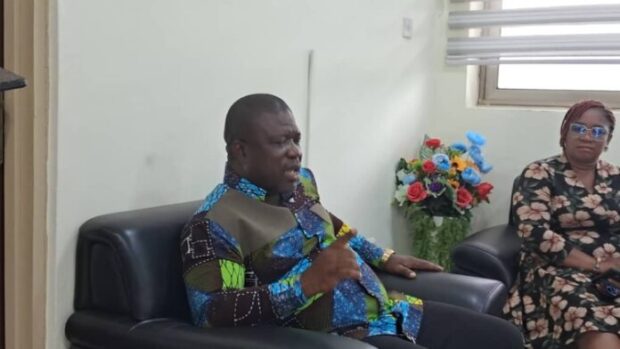

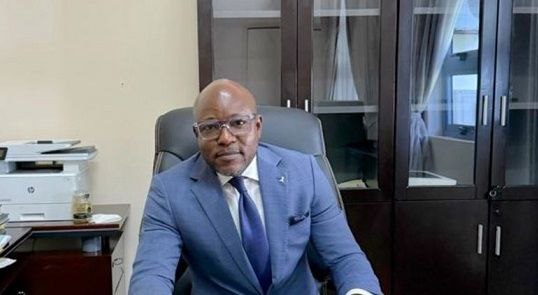
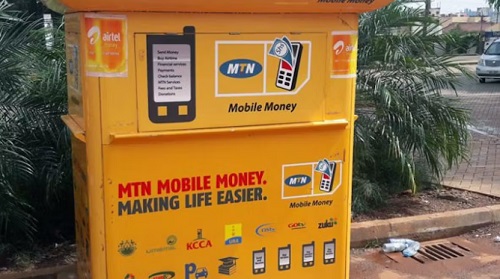
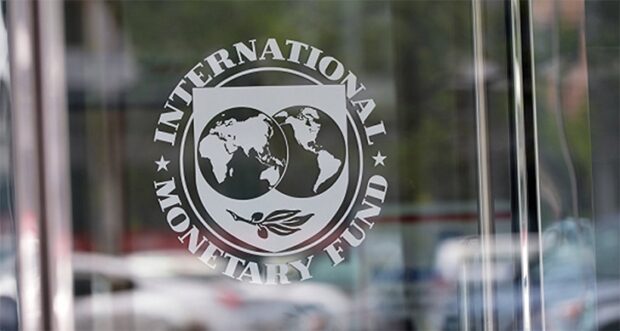



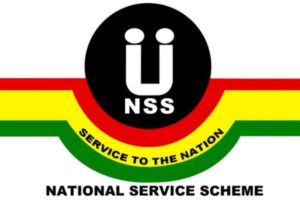
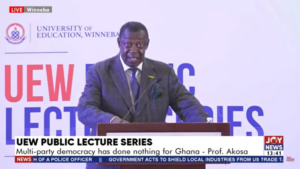
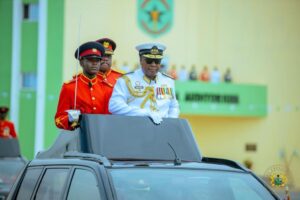

Be the first to leave a comment